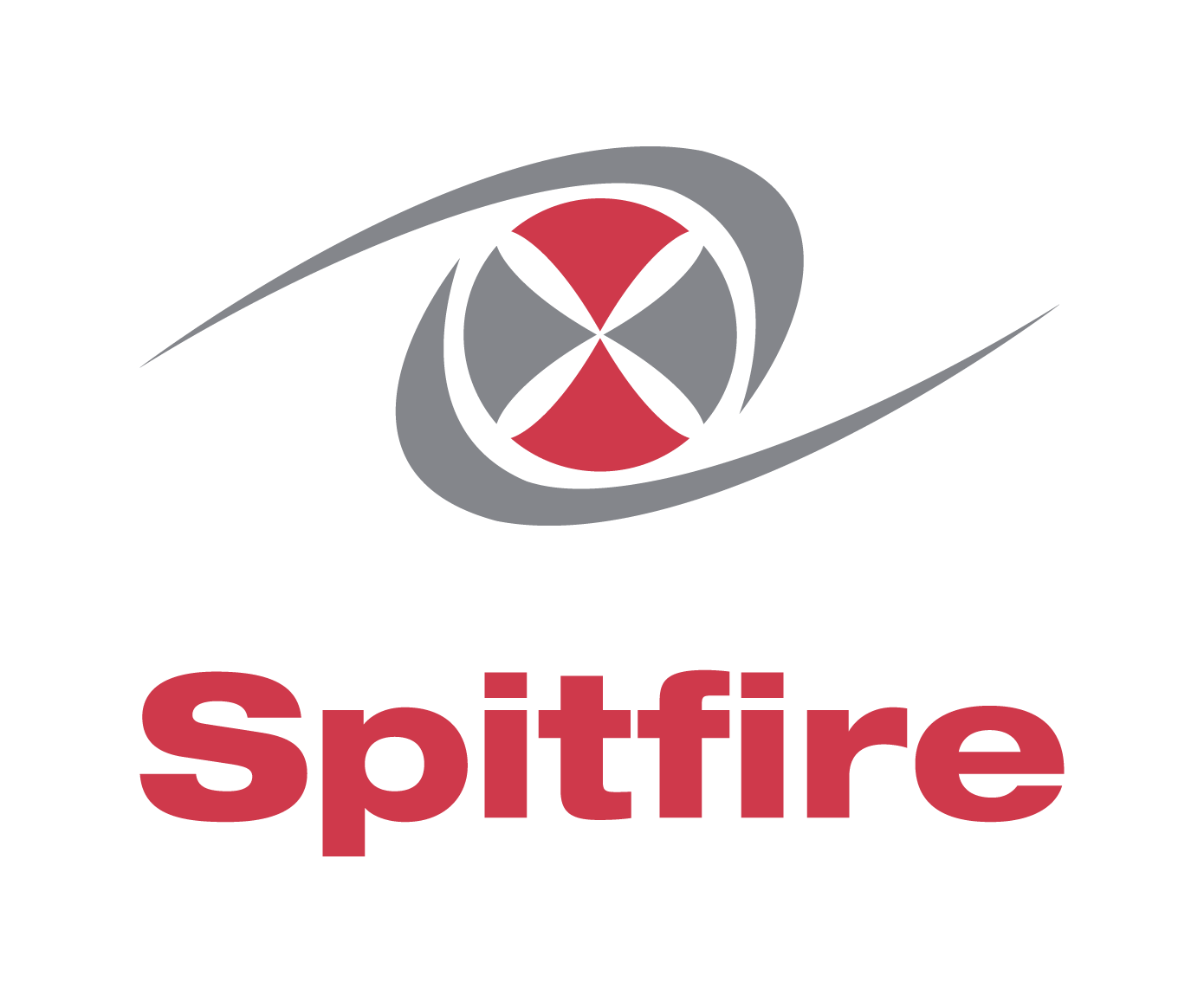Leadership on the Operating Table: The Power of Humility
Article by Stephen Manely
When Leaders Step Back, Teams Step Forward
In high-stakes environments, teams instinctively look to those with answers. Leaders are leaned on for their expertise, they’re expected to set the pace, and provide the answers. And while that might seem like the right thing to do, this often results in even the most capable leaders feeling over-stretched, relied on too heavily as a constant source of solutions. When you’re the go-to for every question, the pressure builds fast, and your capacity to lead or think ahead shrinks just as quickly.
What if the strongest form of leadership isn’t solving, but seeking input from others?
It might sound counterintuitive, especially in environments where certainty is expected and expertise is rewarded. But time and again we’ve seen that the leaders who build the highest-performing teams are the ones willing to challenge that instinct, those who embrace outside perspectives and create the space for others to step up and lead.
Borrowing from Formula 1: A Lesson in Humility
In fast-paced sectors, confidence, expertise and certainty are often rewarded. So it might feel counterintuitive, maybe even risky, to step back and invite input from others in order to lead.
According to Forbes, humble leaders are seen as 66% more effective by their teams - almost double the rating score of more self-assured counterparts who sit at just 34%. The takeaway isn’t that leaders should do less or simply work more efficiently to improve performance, it’s that improving performance starts with learning to lead differently.
One story from 2001 continues to stand out to me, because it embodies exactly what this kind of leadership looks like. Faced with the daunting challenge of improving paediatric heart surgery outcomes, two consultants from Great Ormond Street Hospital turned to an unlikely source for help: Formula 1. They recognised that the speed and precision of F1 pit crews had something to teach them about high-pressure handovers. So, they brought in McLaren and Ferrari engineers to observe and advise. The result was a completely new approach to operating theatre-to-ICU transfers – and significantly improved patient safety.
It was a radical act of humility. And it worked.
Shifting from “Solving” to “Enabling”
At Spitfire, we live by a simple truth: People Transform Performance.
We’ve spent over two decades working with leaders who operate in pressure cooker environments. And what we’ve seen, time and again, is this: transformation starts when leaders create the conditions for others to thrive. The ones who thrive are not the loudest voices in the room or those with the most decorated CVs. They’re the ones who know when to step back, ask questions, and listen.
It takes courage to say you don’t have it all figured out, to invite fresh thinking, and model the behaviours you want to see in your team. But when leaders show humility, teams step up and gain confidence. They take ownership, share ideas, and feel safe to challenge the status quo in healthy, productive ways. That’s when transformation really begins and high-performance becomes self-sustaining.
We see it across sectors. In defence, where high-performing teams are built on clarity and trust. In construction, where collaboration depends on mutual respect and shared ownership. In rail and infrastructure, where complexity calls for coordination over control. In every case, it’s the environment that leaders create that unlocks performance. When leaders step back with intent, others step forward with impact. That’s when the true impact of empowered teams on business performance becomes clear.
The lesson from F1 and healthcare isn’t just a good story. It’s a mirror. Are we willing to look beyond our own expertise and learn from others? Are we willing to create the conditions for our people to thrive?
If your answer is yes, here’s where to start:
Ask more than you answer.
Make it safe for others to speak up.
Share the load by letting your team lead.
Reflect honestly on your leadership style.
Show up curious, not certain.
At Spitfire, we help leaders do just that. We work side-by-side with them to create cultures where improvement is continuous, and performance is owned at every level.
If you’d like to reach out to continue this conversation, or discuss your thoughts on humility and leadership, contact me here.
